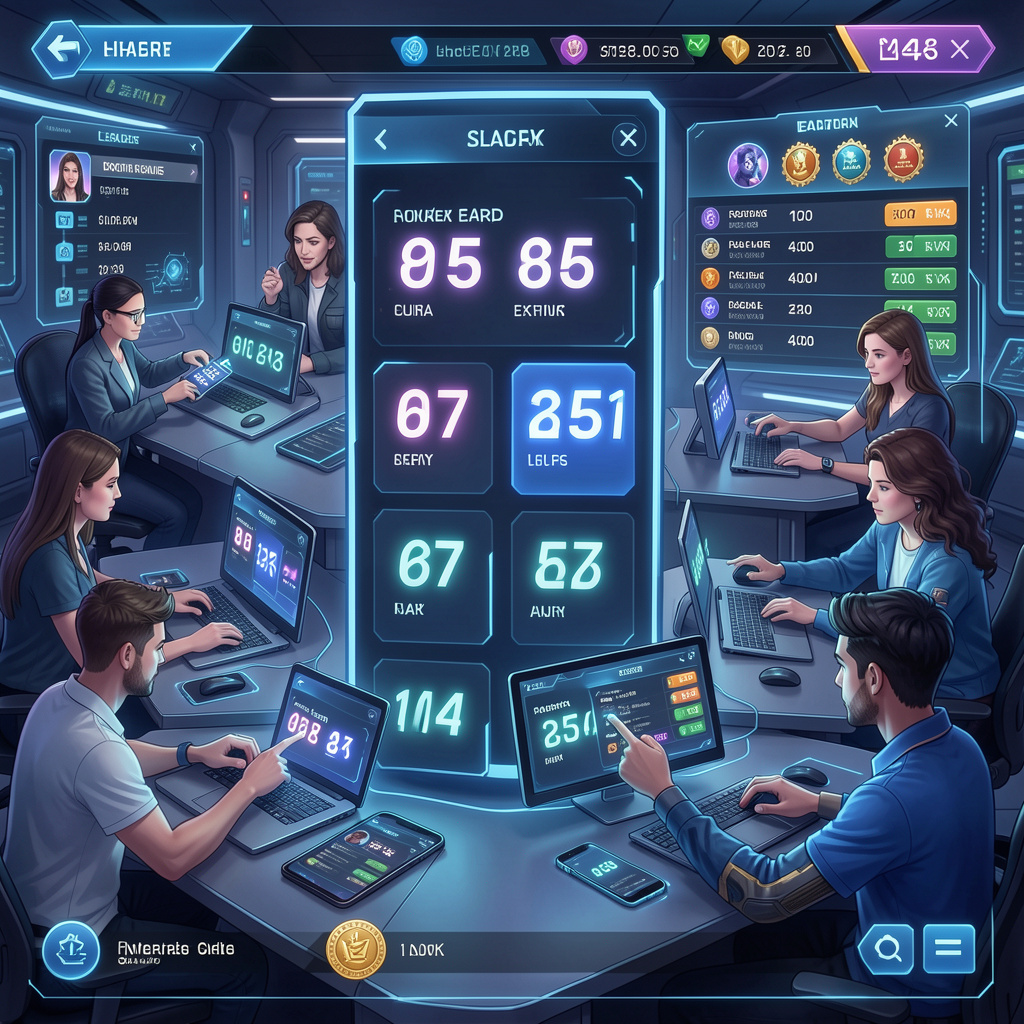How Internet Speed Affects Online Gaming Performance
Online gaming has transformed the way people experience entertainment, offering competitive matches, cooperative missions, and immersive virtual worlds. While having a powerful gaming PC is important, it is only one part of the equation. Internet speed plays a crucial role in determining how smoothly and reliably online games run. Without a fast and stable connection, even the most powerful computer can struggle during multiplayer matches. Understanding how internet speed affects gaming performance can help players enjoy a smoother, more responsive, and frustration-free experience.
The Role of Internet Speed in Online Gaming
Unlike downloading large files or streaming high-definition videos, online gaming doesn’t require extremely high bandwidth. Instead, it relies on the fast and constant exchange of small packets of data between the player’s device and the game server. This data includes player movements, actions, chat messages, and updates from other players. A slow or unstable internet connection can delay this communication, causing noticeable lag, delayed actions, and disconnections. Smooth online gaming depends on not just speed but also on consistency and low latency.
Ping and Latency
The most important factor for online gaming performance is latency, often measured as ping. Ping represents how long it takes for data to travel from your device to the game server and back, measured in milliseconds. A lower ping means a faster response time. High ping can cause delays between pressing a button and seeing the action happen on screen, which can be frustrating and disruptive in fast-paced games. For competitive online games like shooters, racing, or sports titles, low latency is essential to maintain accuracy and timing.Visit Online Harley168 For More Details.
Download and Upload Speeds
While latency has the biggest impact on gaming performance, download and upload speeds still matter. Download speed affects how quickly your system can receive information from the server, such as game updates, new map data, or content from other players. Upload speed determines how quickly your actions reach the server. If upload speeds are too low, your inputs may be delayed or even lost, resulting in rubber-banding, character freezes, or disconnections. A good balance of both speeds ensures that data flows smoothly in both directions.
Packet Loss and Stability
A fast internet connection is not enough if it is unstable. Packet loss occurs when data packets are lost in transit between your device and the game server. This can lead to stuttering, sudden character teleportation, or missing in-game actions. Even if you have high download and upload speeds, frequent packet loss can make games unplayable. Stability is as important as raw speed, and a reliable connection with consistent performance creates a much better gaming experience.
Wired vs Wireless Connections
The way you connect to the internet also influences gaming performance. Wired Ethernet connections are generally more stable and offer lower latency compared to wireless connections. Wi-Fi can suffer from signal interference, congestion, and range issues, which increase latency and packet loss. For competitive gaming, using a wired connection is usually the best way to minimize lag and keep gameplay smooth. If Wi-Fi is the only option, using a strong, modern router and staying close to it can help reduce problems.
The Impact on Different Types of Games
The importance of internet speed varies depending on the type of game. Real-time competitive games like first-person shooters, racing games, and battle royales require quick responses, so they are highly sensitive to latency. Even slight delays can affect accuracy and performance. On the other hand, slower-paced games such as turn-based strategy or casual social games are less affected by small network delays. However, all online games benefit from a stable connection, as interruptions can disrupt progress or disconnect players entirely.
Improving Your Online Gaming Performance
Players can take steps to improve their internet performance for gaming. Using a wired Ethernet cable, closing background downloads or streaming apps, and scheduling large updates for off-peak hours can reduce lag. Adjusting router placement or upgrading to a higher-speed internet plan can also help. Even small improvements to network stability and speed can have a noticeable impact on how smoothly games run.
Final Thoughts
Internet speed plays a vital role in online gaming performance. While ultra-fast download speeds are not necessary, having low latency, good upload and download balance, and a stable connection is essential for smooth gameplay. A reliable network ensures that actions are registered instantly, movements are fluid, and matches remain fair. By understanding and improving internet speed, players can unlock the full potential of their gaming setups and enjoy a seamless and competitive online experience.


Post Comment